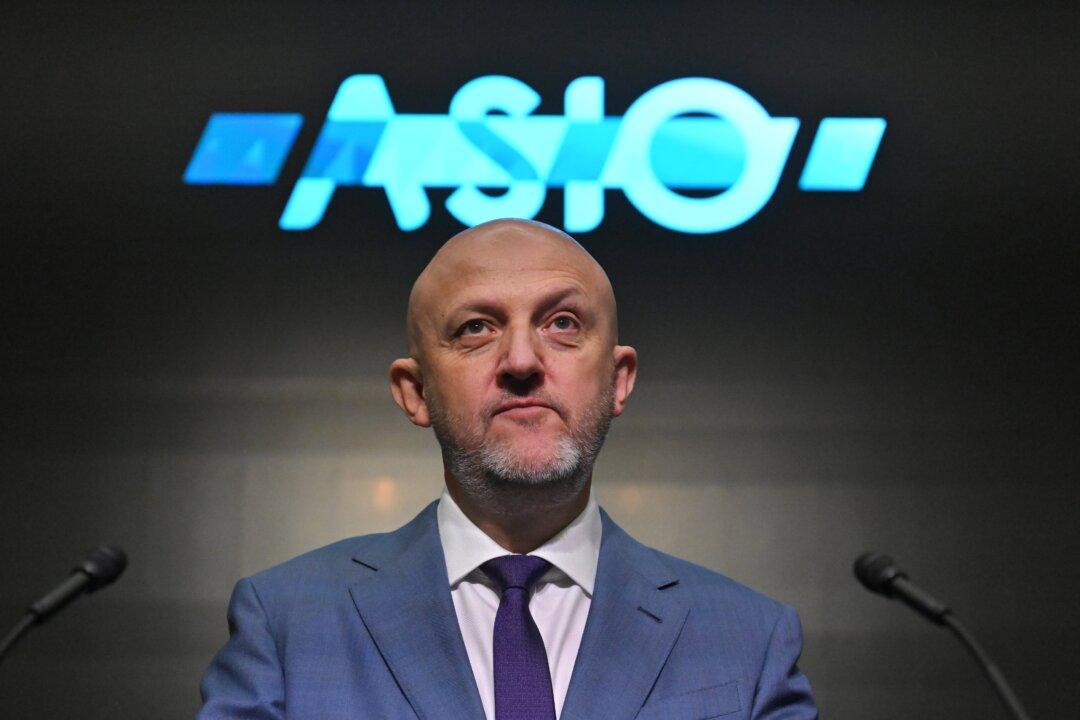ASIO Director-General Mike Burgess has defended his decision not to name a former Australian politician whom he revealed had “sold out their country, party and former colleagues” in the agency’s Annual Threat Assessment earlier this week.
He has since come under intense pressure to name the person, including from former treasurer and ambassador to the United States, Joe Hockey, who said remaining silent “besmirched” every former politician and put at risk Australia’s security relationships.





